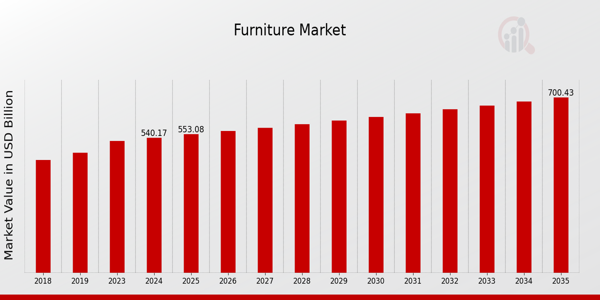The Furniture Market demonstrates how deeply lifestyle changes and economic growth can influence consumer spending behavior. Furniture today signifies status, personalization, and eco-conscious design rather than just basic functionality.
Urbanization is reshaping demand. Smaller homes and workplaces prioritize modular and versatile furniture. Foldable tables, convertible beds, and compact dining sets illustrate how the industry adapts to limited urban spaces while delivering comfort.
Sustainability has also evolved from a niche demand to a standard expectation. Brands are prioritizing environmentally conscious materials, long-lasting furniture, and responsible sourcing. This not only addresses ecological concerns but also strengthens consumer trust in companies.
The role of e-commerce is undeniable in driving growth. Easy access to online stores, transparent reviews, and fast shipping options have expanded global reach for furniture companies. Innovative tools like VR-based product placement amplify consumer confidence and convenience.
Cultural identity also plays a role in the industry’s expansion. Consumers choose designs reflecting heritage, minimalism, or global artistic inspiration. This growing demand for customization ensures inclusivity across international markets.
The Furniture Market will continue to thrive as e-commerce, sustainability, and urban lifestyles converge, propelling the industry into a future of innovation and diversity.

